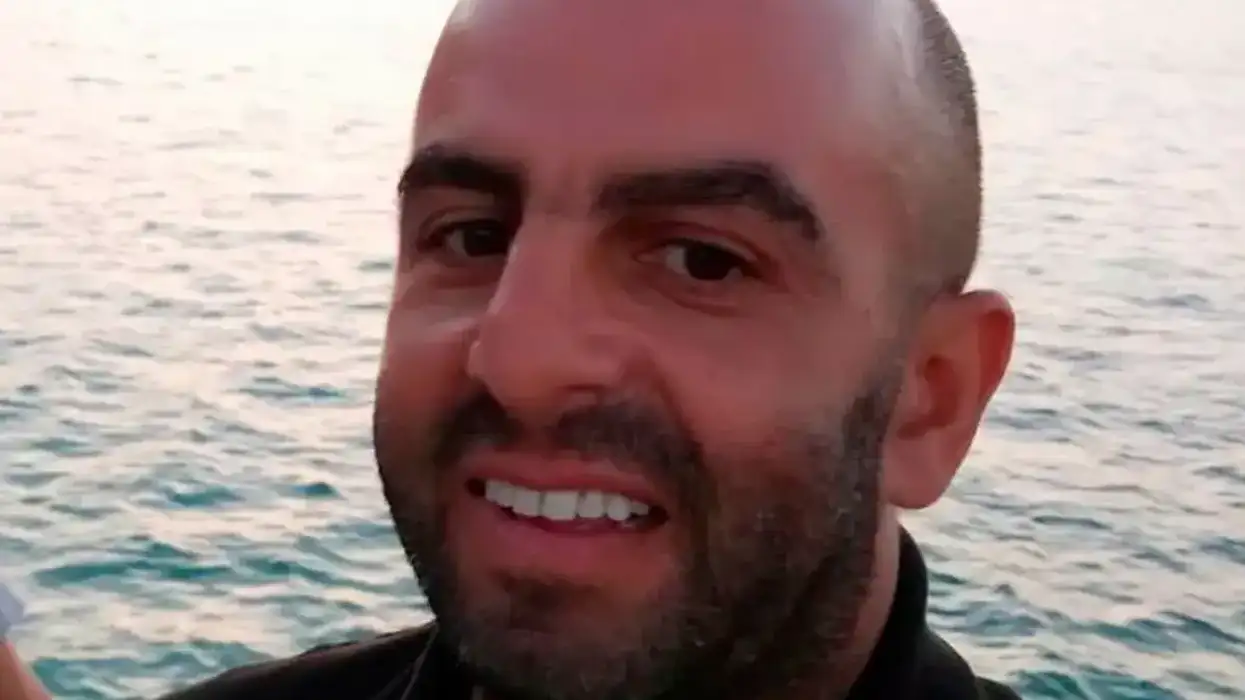by FAROUQ SHEIKH
AS A patron and enterprise fellow of the Prince’s Trust and a gold patron of Mosaic, the Prince of Wales’s mentoring charity that inspires young people from deprived communities to realise their talents and potential, I well know how a helping hand and sound advice can change a life’s course.
I also know that, to make a real difference, young people also require extra help, not just to improve their own personal prospects but also to support under-represented communities – and our whole society – too. This is why the COSARAF charitable foundation – which I co-founded with my brother Haroon and our families, inspired by our late parents’ dedication to helping those in need – has launched a major higher education support programme. It is open to UK Muslim students who face financial hardship and, ideally, are the first in their family to attend university.
While there is compelling evidence about the particular issues of access to top flight universities for young Muslims, we absolutely know that the issue affects other communities. As well as this scholarship programme, the Foundation is already providing hardship grants to students of all backgrounds; and we call on other philanthropists from all communities to consider how they can help. Indeed, come and talk to us to see how we can spread this programme to as many young people in need as possible!
Students supported through the scheme will have to demonstrate a clear plan to give back to their communities and wider society. Beneficiaries will be required to contribute to an alumni programme for all scholars, champion the scholarship plan externally, and commit to Foundation-approved causes.
Our programme will provide up to 24 graduate and undergraduate scholarships at four major UK universities, including Oxford and Cambridge. It will provide long-term support to develop leadership within UK Muslim communities and beyond, fostering sustained integration and cohesion.
We will also create a culture of aspiration and success in the UK’s most disadvantaged areas, where youngsters typically must contend with a host of barriers to higher education apart from the stiff competition faced by all applicants.
Seeing their older siblings being told that they can go as far and fast as their abilities allow, will empower the younger generation to reach for the stars as well, making degree-level learning at topflight academic institutions commonplace where it isn’t currently.
- The Sheikh family scholarship is part of a wider COSARAF package of support for poorer students that is expected to top a third of £1 million by 2021. Each student will receive up to £10,000 annually towards the cost of their tuition fees and living expenses. There will be one award per year for the next three years at St Anne’s College, Oxford; the University of Warwick; and Cambridge Muslim College; as well as a series of smaller awards at any Cambridge University college, administered by Downing College. The COSARAF Foundation’s hardship grants provide support to students of all backgrounds in financial hardship of up to £2,500. Visit www.cosaraf.org for more information.












